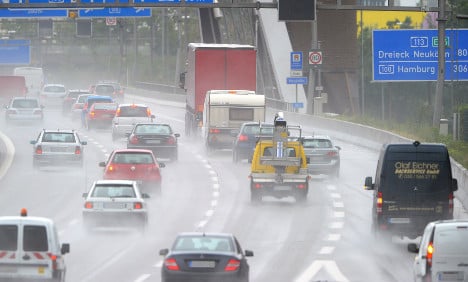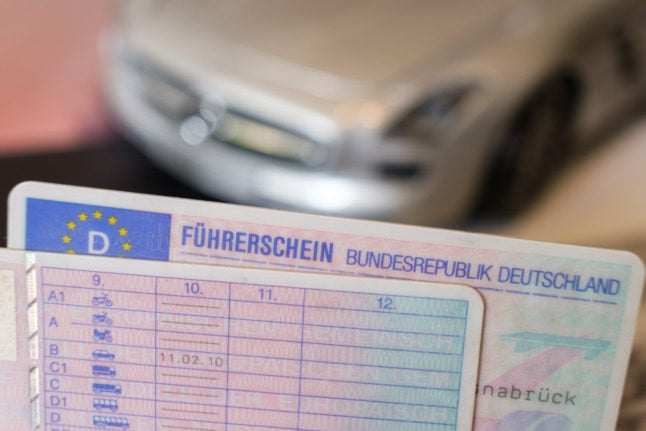Swedes were judged the most responsible European motorists, cited as such by 37 percent of respondents, followed by Germans (27 percent) and British and Dutch drivers, who were tied with 11 percent of positive responses each.
Italy, the country that gave the world the Ferrari, has produced Europe's most reckless drivers by their own admission, while Greeks were judged to be the rudest on the continent by fellow Europeans.
That said, Germans conceded they were most likely to deliberately stick close behind the vehicle of a driver who got on their nerves, at 34 percent against a European average of 29 percent.
And tying with France, 67 percent of Germans were by their own admission most likely to insult another driver, against an average of 56 percent.
The continent's habits at the wheel were gauged by market research firm Ipsos on behalf of French motorway operator Vinci, polling 10,000 drivers from 10 countries: Belgium, Britain, France, Germany, Greece, Italy, the Netherlands, Poland, Spain and Sweden.
While 56 percent of Europeans surveyed admitted to road rage incidents in some form, 74 percent of Greeks admitted to such behaviour, cementing the poor reputation of the southern European country's drivers.
But Italy is where you are most advised to keep your doors and windows shut tight in a conflict: 21 percent of drivers said they were inclined to 'get out of their vehicle and have it out with another driver'. Germans were a percentage point above the average of 14 in direct confrontations.
Perhaps reflecting Germany's legendary Audi-ad-fuelled reputation for 'Vorsprung durch Technik' (headstart through technology), Europeans felt that they were most likely to adjust the settings on their satellite navigation system while driving.
The real state of affairs is, however, far more alarming: Germans were by their own admission and a clear margin (17 percent against average 14) most likely to "read a newspaper or other paper document while driving".



 Please whitelist us to continue reading.
Please whitelist us to continue reading.
Member comments